Waboripedia Blog
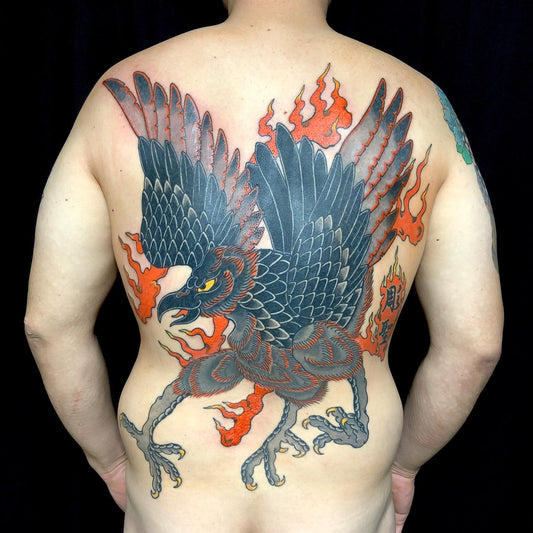
Yatagarasu (八咫烏)
Yatagarasu (八咫烏), or Eight-span Crow, is a legendary creature in Japanese mythology and folklore. A divine, three-legged crow believed to symbolize the sun and act as a messenger of the...
Yatagarasu (八咫烏)
Yatagarasu (八咫烏), or Eight-span Crow, is a legendary creature in Japanese mythology and folklore. A divine, three-legged crow believed to symbolize the sun and act as a messenger of the...
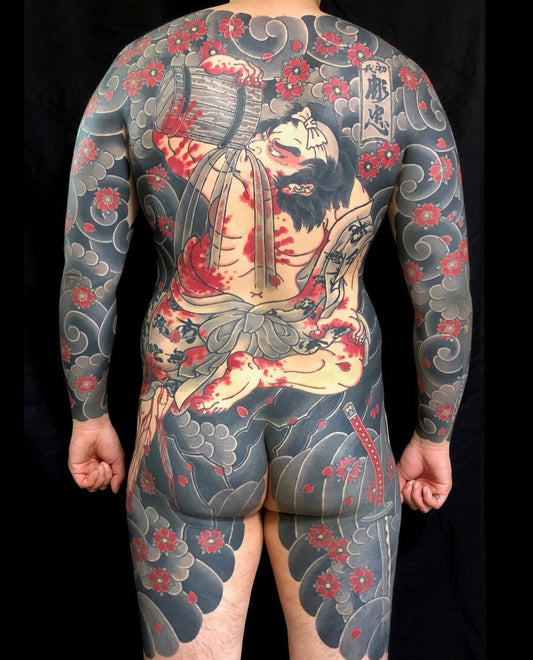
Banzuiin Chobei (幡随院長兵衛)
Banzuiin Chobei was a historical figure of the Edo period, most famously known for his feats as vigilante leader. Attributed as one of the originator's of Edo's chivalrous or vigilante...
Banzuiin Chobei (幡随院長兵衛)
Banzuiin Chobei was a historical figure of the Edo period, most famously known for his feats as vigilante leader. Attributed as one of the originator's of Edo's chivalrous or vigilante...
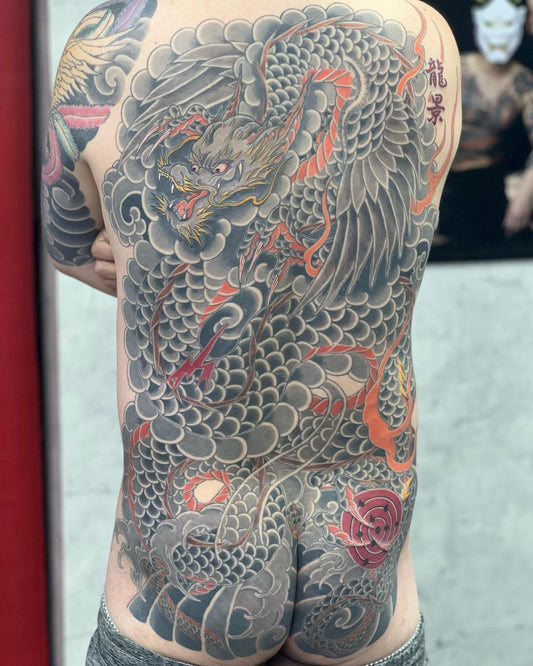
O-Ryu (應龍)
One of the several dragon types, the O-Ryu is depicted as a winged dragon. Traditionally associated with the rain, O-Ryu appears in several Chinese legends as assisting emperors and the...
O-Ryu (應龍)
One of the several dragon types, the O-Ryu is depicted as a winged dragon. Traditionally associated with the rain, O-Ryu appears in several Chinese legends as assisting emperors and the...
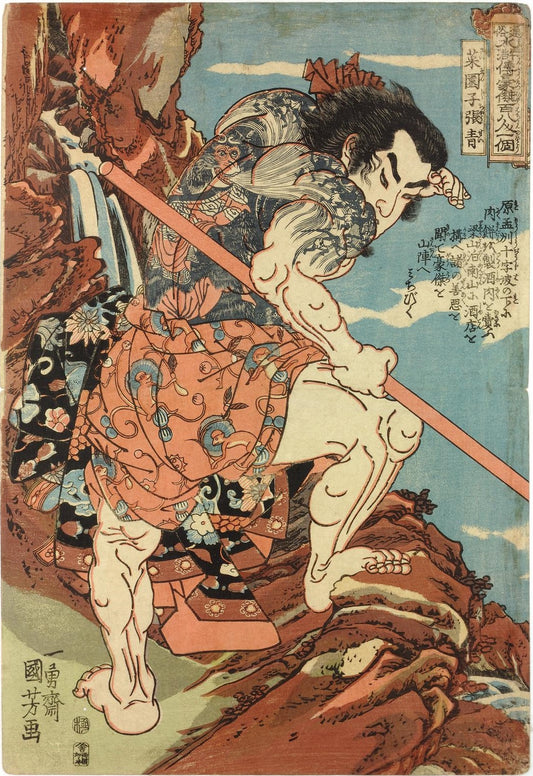
Saienshi Chosei (菜園子張青)
One of the 108 Outlaws in the Suikoden novel. His nickname, Saienshi (菜園子) or “Gardener”, came from him being a gardener at a monastery. One day, Saienshi got into a...
Saienshi Chosei (菜園子張青)
One of the 108 Outlaws in the Suikoden novel. His nickname, Saienshi (菜園子) or “Gardener”, came from him being a gardener at a monastery. One day, Saienshi got into a...
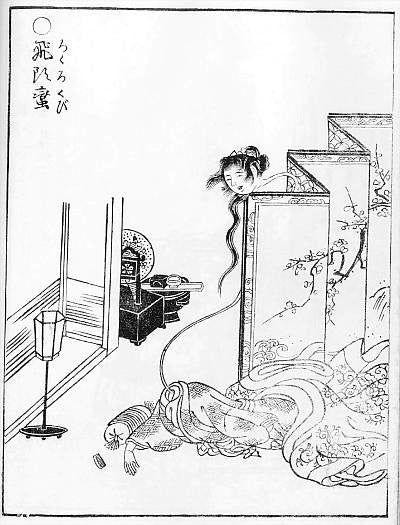
Rokuro-kubi (ろくろ首)
Rokuro-kubi (ろくろ首) are a type of yokai (妖怪) with elongated necks. They are often depicted as women whose neck elongate during the night. While there are different tales of the...
Rokuro-kubi (ろくろ首)
Rokuro-kubi (ろくろ首) are a type of yokai (妖怪) with elongated necks. They are often depicted as women whose neck elongate during the night. While there are different tales of the...
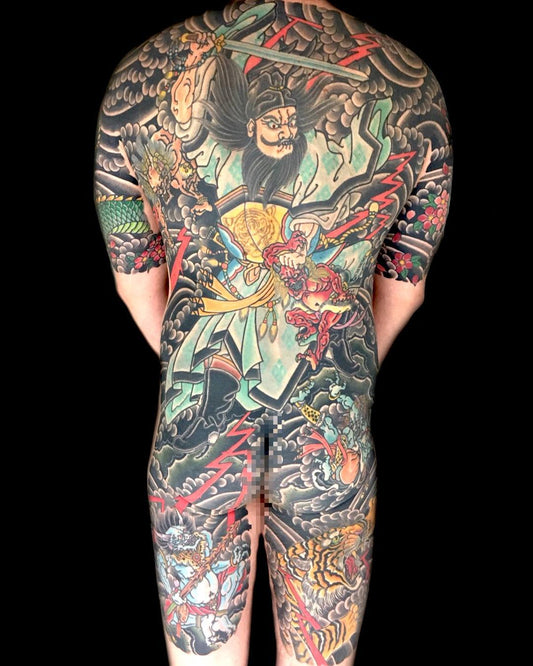
Shoki (鍾馗)
Shoki (鍾馗), also known as the "demon queller", was a legendary hero and deity of the Chinese Taoist pantheon, who also made his way to Japan. Legend has it that...
Shoki (鍾馗)
Shoki (鍾馗), also known as the "demon queller", was a legendary hero and deity of the Chinese Taoist pantheon, who also made his way to Japan. Legend has it that...
